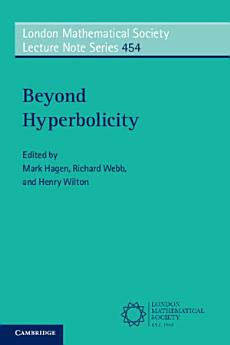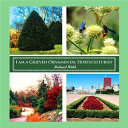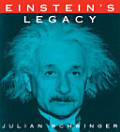Beyond Hyperbolicity
Über dieses E-Book
Autoren-Profil
Mark Hagen is a Lecturer in Mathematics at the University of Bristol. His interests lie in geometric group theory, including in particular cubical/median geometry, mapping class groups, and their coarse-geometric generalisations.
Richard Webb is an EPSRC Postdoctoral Fellow at the University of Cambridge and a Stokes Research Fellow at Pembroke College. He investigates the algebra and geometry of the mapping class group and its relatives, often using techniques and inspiration drawn from geometric group theory.
Henry Wilton is a Reader in Pure Mathematics at the University of Cambridge and a Fellow of Trinity College. He works in the fields of geometric group theory and low-dimensional topology. His interests include the subgroup structure of hyperbolic groups, questions of profinite rigidity, decision problems, and properties of 3-manifold groups.











